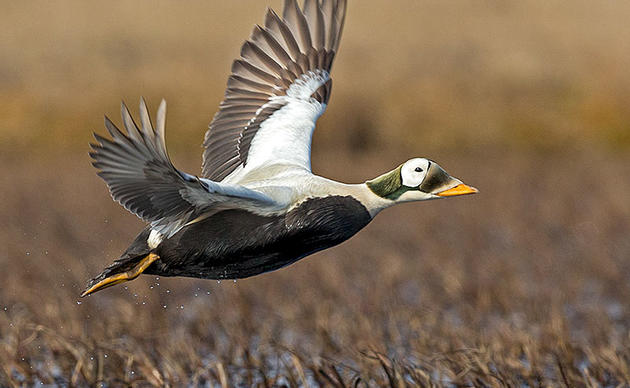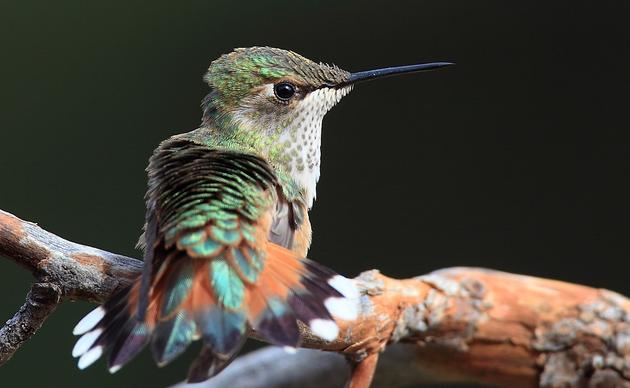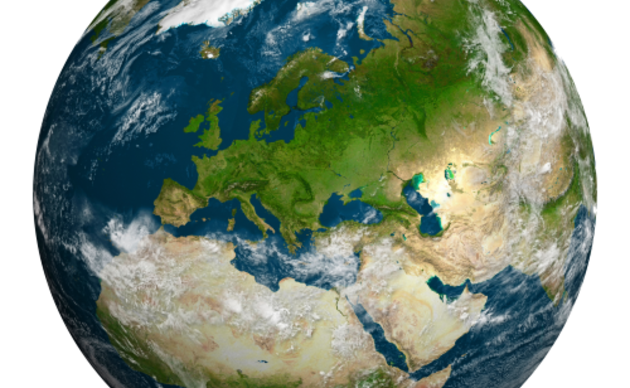The loons, shorebirds, and caribou living in the wetlands surrounding Teshekpuk Lake can yodel, peep, and groan, but they cannot speak directly to the Bureau of Land Management about the importance of their home. That is why it is so important for people to write comments and speak at public meetings on development projects that impact wildlife. One such oil project in the Western Arctic, called the Willow Master Development Plan, would bring drill pads and gravel roads further into the Teshekpuk Lake Special Area. But this year, in the middle of a pandemic, the public meetings for this oil project were held virtually, which proved highly problematic for connectivity, communication, and public input.
Connectivity issues create problems in rural areas
BLM held a series of eight virtual public meetings over three weeks in April and May using the Zoom conference platform, while the video was live-streamed to the agency’s Facebook page. People based in Anchorage were generally able to connect. But people in Fairbanks and in rural Arctic villages experienced more connectivity problems. Thus, the communities closer to where the impacts would occur were more likely to be excluded by the lack of in-person meetings. Many commenters also shared personal stories of concern over loved ones and elders, and pointed out that holding public meetings on such an important and controversial issue was inappropriate when people are focused on health and safety.
The feeling of a virtual public meeting is also very different than an in-person meeting. At an in-person meeting, members of the public may look officials in the eye and share their opinions and knowledge. At the Willow virtual meetings, people had to speak into a computer screen that showed a timer counting down the minutes of their 5 minute time slot. No BLM official turned on their camera or made any statement to thank people during public testimony, leaving attendees with the impression that the officials could have left their computers or put them on mute.
Listen to people testify against the public meetings being held during a pandemic (public testimony starts at about 00:52:00).
Holding public meetings right now just doesn’t make sense
The problems with the connectivity, the lack of accessibility, and the overall break-down of communication means that BLM did not adequately connect with the public on this issue. But despite multiple requests, the agency categorically declined to extend the comment period or to hold new meetings when it becomes safe to gather in person. The rush to hold the meetings and finalize the oil project’s decision is particularly puzzling given that the price of oil has tanked and oil companies like ConocoPhillips are in no shape to conduct regular operations in the Arctic in the near future.
BLM has not shown any sign of stopping and is now holding virtual meetings for oil and gas projects in the Chaco Canyon area of New Mexico. Communities and environmental groups in that region are understandably concerned over the same problems that occurred in the Willow virtual meetings. Audubon will continue working in Alaska and across the nation to elevate the voices of birds, wildlife, and the people who depend on healthy landscapes, and to advocate for meaningful public participation in environmental decision-making. And in the meantime, we are keeping a close record of all the problems with virtual public meetings, with the determination to hold the agency accountable in the future.



